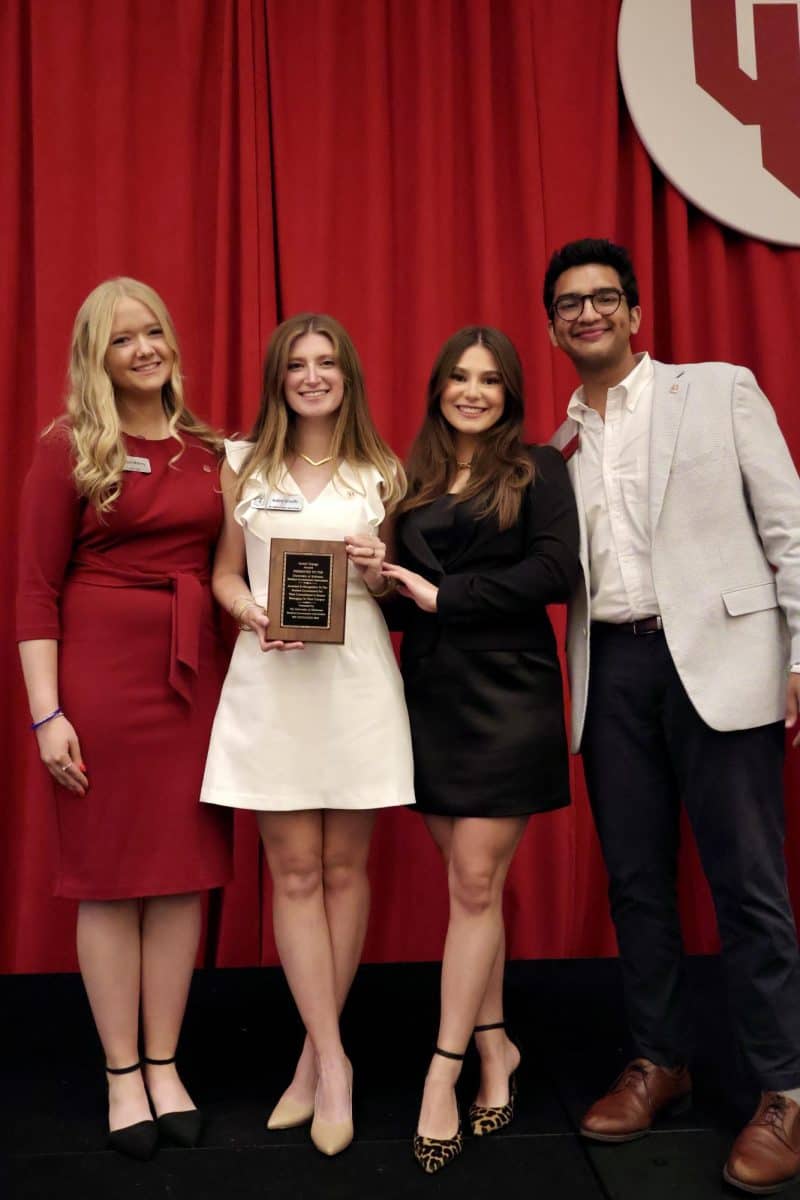Lakeside Dining Hall and the Fresh Food Company are the University’s only all-you-care-to-eat dining halls. Due to their wide variety of food options, they are visited by hundreds of students daily; however, some students say one of the dining halls’ practices is negatively impacting the environment.
Before the COVID-19 pandemic, the dining halls provided reusable metal utensils for students, minimizing their plastic waste output. However, in 2020, they began solely using plastic single-use forks, knives and spoons to prevent the spread of germs.
Metal utensils have since reappeared at both Lakeside and the Fresh Food Company, alongside the plastic utensils.
Director of Dining Services Kristina Patridge said metal utensils were removed from dining halls because visitors felt that single-use utensils were more sanitary.
After recognizing the impact these practices could have on the local environment, Eyram Gbeddy, a senior majoring in political science and former SGA senator, worked with the UA Environmental Council to help bring awareness to the issue.
UA ECo is a student-run organization dedicated to sustainability and conservation on campus and in the greater Tuscaloosa community. Gbeddy said after his election, his first project was working with ECo to help curb the dining halls’ single-use plastic waste.
He said while researching, he found alarming statistics from the local landfills. The report from 2022 shows the overall waste decreasing but the landfill waste increasing.
“We deduced that the amount of plastic we were producing from our dining halls was a major portion of the plastics produced in the Tuscaloosa area,” Gbeddy said.
Megan Neville, a senior majoring in sports management and the president of ECo, said she originally became interested in the use of plastic utensils as a freshman.
“I realized how much waste was being generated in the dining halls from utensils,” Neville said. “I started getting curious.”
Neville said ECo met with representatives from Bama Dining last semester, who said that they provide options for reusable utensils but that most students choose plastic.
She said the Bama Dining representatives claimed that, as a business, they need to provide what the people want, and they refused to switch over completely.
“They want us to initiate some sort of campaign to get students to switch to reusable on a personal level rather than eliminating the plastics themselves,” Neville said.
Neville said that because most single-use plastic is produced from fossil fuels, its use can have a detrimental impact on the environment. She added that plastic utensils are frequently littered, affecting wildlife populations.
Neville said the Environmental Council does monthly trash cleanups along with the Black Warrior Riverkeeper, a local nonprofit organization that helps to remove pollution from the Black Warrior River and its tributaries.
“If left, they [utensils] can harm wildlife who try to eat these items or get hurt by them, and they can pollute the Black Warrior River when it rains,” Neville said.
Gbeddy said that because students make up a large percentage of the Tuscaloosa population, actions from campus establishments such as plastic waste from dining halls could have a significant impact on the city’s environment.
In November, the SGA Senate passed a resolution authored by Gbeddy to reduce the use of single-use plastics in the dining halls.
According to the resolution, in 2022 the University contributed over 5,000 short tons, or 10 million pounds, of landfill waste.
The resolution also lists what it identifies as benefits of eliminating single-use plastics, including saving money due to the costs of purchasing plastic utensils and improving the quality of life of students at the University.
The resolution asked that the University make these changes by the first Bama Bound orientation session in the summer of 2024.
Patridge said that since the resolution passed, dining halls have begun offering metal utensils along with plastic ones, but there are many cons that come with using only metal utensils.
“Metal utensils cost more money because guests throw them away and take them back to their residence halls,” Patridge said. “Additionally, metal utensils have tended to cause dish machine repairs to be higher when one falls out of the rack into the track on our commercial conveyor dish machines.”
Patridge said she’d like to see student-led initiatives to educate students on sustainability. She also said that based on ECo’s recommendations, Bama Dining has reimplemented the reusable coffee tumbler program, recycled used fryer oil, and implemented a reusable box program that allows students to take a meal from the dining hall and return the box at a later time.
Other universities have recently discontinued the use of single-use plastics in dining halls, including Vanderbilt University, the University of Virginia, and all 10 University of California campuses.
Gbeddy said he has seen developments in UA dining halls.
“Even though the plastic utensils still exist as of right now, all of the stations often have metal utensils, which was not even a thought before I passed the resolution,” he said.
While other Bama Dining locations across campus also use plastic utensils, Gbeddy said his resolution specifically targeted the dining halls.
“It’s important to start with Fresh Food and Lakeside because it’s where all of the freshmen eat. It’s where we’re producing the most waste, and that’s where I think we should start with fighting this problem,” Gbeddy said.
Gbeddy said that the resolution is one of the things he’s most proud of during his time in the Senate.
“I think it’s really refocused the conversation regarding single-use plastics at the University,” he said.
He said he’s proud to have changed part of the University experience and hopes that the dining halls follow through and completely revert to using metal utensils.
“I’m really proud to say that I use a metal utensil every single time I eat at Lakeside and Fresh Food,” Gbeddy said.







